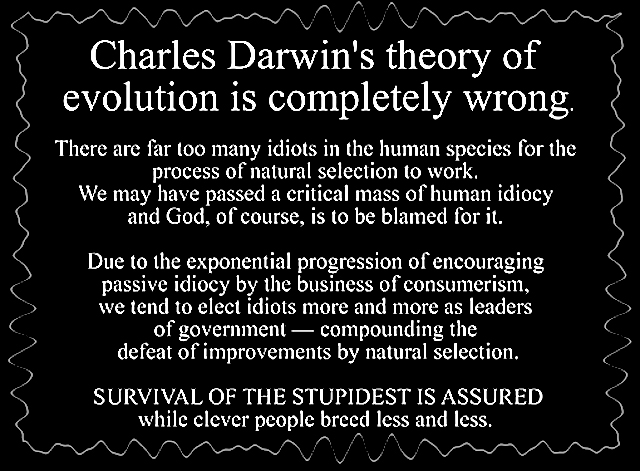The number of temporary migrants in Australia (excluding visitors) has expanded to record levels under the Albanese government. When the Albanese government arrived in office in mid-2022, there were 1,640,000 temporary migrants (excluding visitors) in Australia. Over the 2025 calendar year, there were 2,460,000 temporary migrants (excluding visitors) in Australia, excluding visitors: The surge in

While America continues strikes on Iran, something far bigger is happening behind closed doors. Gulf allies are privately demanding Washington to stop. Europe is pushing for an immediate ceasefire. Qatar's LNG supply is disrupted. Oil markets are surging.
 One of the barriers to tackling energy poverty is simply that Australia doesn’t measure it properly.
One of the barriers to tackling energy poverty is simply that Australia doesn’t measure it properly.
The post Energy poverty hiding in plain sight: The data blind spots on vulnerable households appeared first on Renew Economy.

While mainstream western media is trying to spin this as "tensions in the Middle East," on the ground in places like Tel Aviv, Holon, and Ramat Gan, the reality is fire and steel. Footage that somehow slipped past the military censors—despite their frantic efforts—shows hypersonic impacts leveling targets with a precision that is frankly terrifying for the occupation regime.

Bahrain is in revolution. Since February 28 — the day US and Israeli strikes ignited the region — Saudi armour is said to be rolling in to crush it. You will not see this on CNN.
 Andrew Forrest tells business summit artificial intelligence is both "incredibly dangerous" and critical to balancing Fortescue's "incredibly complex" green energy grid in the Pilbara.
Andrew Forrest tells business summit artificial intelligence is both "incredibly dangerous" and critical to balancing Fortescue's "incredibly complex" green energy grid in the Pilbara.
 Rumours of the demise of the Cheaper Home Batteries are greatly exaggerated... or so the industry is keen to believe, as reports emerge that further tweaks to the scheme are being considered.
Rumours of the demise of the Cheaper Home Batteries are greatly exaggerated... or so the industry is keen to believe, as reports emerge that further tweaks to the scheme are being considered.
The post Shock … and doubt: Industry bats off report home battery rebates could be slashed or scrapped appeared first on Renew Economy.
 Francis Norman, the head of the Centre of Decommissioning Australia, on the extraordinary task of shutting down and removing oil and gas wells, and the lessons that could be learned for the offshore wind industry.
Francis Norman, the head of the Centre of Decommissioning Australia, on the extraordinary task of shutting down and removing oil and gas wells, and the lessons that could be learned for the offshore wind industry.
The post Special episode: How to close down oil and gas appeared first on Renew Economy.
 New guidelines create a state-funded go-between who will negotiate with developers and help communities decide on their preferred plans for funds from renewables.
New guidelines create a state-funded go-between who will negotiate with developers and help communities decide on their preferred plans for funds from renewables.
The post State proposes go-betweens to lead negotiations on community benefits from renewables appeared first on Renew Economy.
 This year’s energy market forecasts feature a particularly large problem that is likely causing headaches for AEMO – and the culprit is residential batteries.
This year’s energy market forecasts feature a particularly large problem that is likely causing headaches for AEMO – and the culprit is residential batteries.
The post Is the market operator’s next energy transition plan already out of date? appeared first on Renew Economy.
 A small wind farm that has been a flash-point for local environmental concerns has been waved through the federal EPBC queue, but with a raft of conditions.
A small wind farm that has been a flash-point for local environmental concerns has been waved through the federal EPBC queue, but with a raft of conditions.
The post WA state-backed wind farm gets federal green light, with long list of conditions appeared first on Renew Economy.
 A small wind farm that has been a flash-point for local environmental concerns has been waved through the federal EPBC queue, but with a raft of conditions.
A small wind farm that has been a flash-point for local environmental concerns has been waved through the federal EPBC queue, but with a raft of conditions.
The post State-backed wind farm gets federal green light, with long list of conditions appeared first on Renew Economy.
Brisbane dwelling values have soared by 116% since the beginning of the COVID-19 pandemic in March 2020, according to PropTrack. As a result, Brisbane is now the nation’s second most expensive housing market after Sydney, with a median dwelling value of $1,046,000 as of February 28, 2026, and a median house price of $1,203,000: According
Treasurer Jim “chicken” Chalmers is convening a confidential roundtable with leading market economists in Canberra to discuss potential economic reforms ahead of the May federal budget. Participants will include economists from the four major banks, and Chalmers has encouraged them to propose unconventional or “left-field” policy ideas beyond those currently considered by Treasury. Discussions are
 A Rockhampton region big battery – a winner of the federal government's Capacity Investment Scheme – is the latest target of the state planning minister's call-in powers.
A Rockhampton region big battery – a winner of the federal government's Capacity Investment Scheme – is the latest target of the state planning minister's call-in powers.
The post Queensland LNP calls in four-hour big battery that local MP claims is a threat to the Barrier Reef appeared first on Renew Economy.